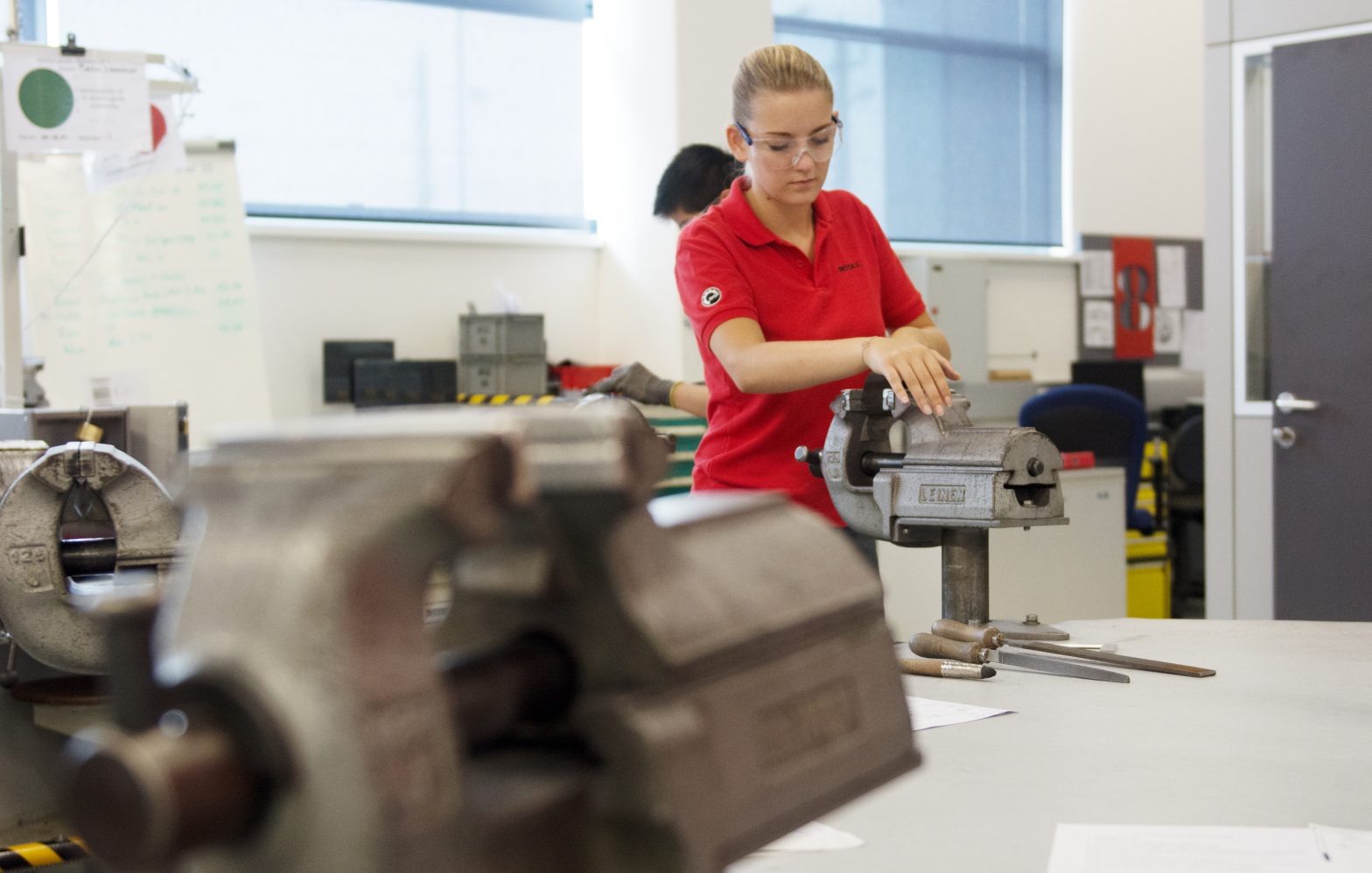Comparative monitoring of dual VET in the D‑A-CH region

image by AMS / Chloe Potter
The dual VET systems in Germany, Austria and Switzerland are currently being observed and analysed in very different ways. Comparable international data is only available to a limited extent, and different survey systems as well as differing definitions and classifications make analyses considerably more difficult. To date, comparative country studies have mostly been based on ad hoc analyses and individual projects, which prevents continuous and systematic observation.
The transnational research project ‘Development of comparative monitoring of dual vocational education and training in the D‑A-CH region’ therefore aims to establish regular, data-based monitoring of developments in dual vocational education and training in Germany, Austria and Switzerland.
The project develops and tests basic comparative data in order to create the basis for standardised monitoring. Initially, simple, readily available indicators will be compiled to define common processes for data preparation and visualisation. This step has two central objectives:
- Checking feasibility: which data can be meaningfully compared with what effort and validity?
- Creation of a process guideline: A guideline is developed that systematises the provision and delivery of data.
In a further step, it will be investigated whether specific indicators that have so far only been used in one of the countries can also be used in the other countries. In addition, experimental indicators will be jointly analysed. For detailed analyses and some indicators, selected reference occupations are used as a basis for comparison.
Once the data has been collected and checked and methodological challenges have been analysed, the results will be prepared, published and discussed at the ‘Contact Seminar of German-speaking VET research institutes’.
The project is based on a collaboration between ibw – Research & Development in VET and 3s Research & Consulting in Austria (project management) with the Federal Institute for Vocational Education and Training (BIBB) in Germany and the Swiss Observatory for Vocational Education and Training (OBS) at the Swiss Federal Institute for Vocational Education and Training (SFIVET).
Download of the first report: Indicators on dual VET 2024. Germany — Austria — Switzerland (in German)
Project: Entwicklung eines vergleichenden Monitorings der dualen Berufsbildung in der D‑A-CH Region
Contact: Jörg Markowitsch
Client: Bundesministerium für Arbeit und Wirtschaft
Duration: 10/2023-12/2025


